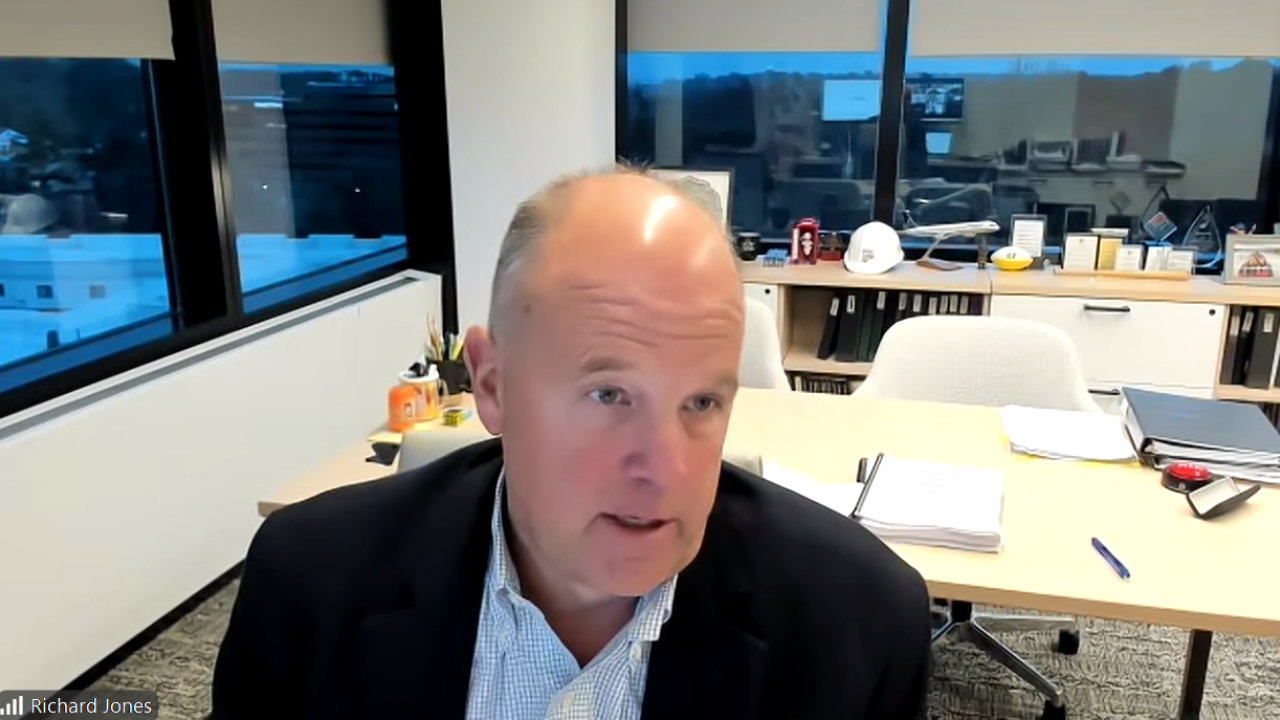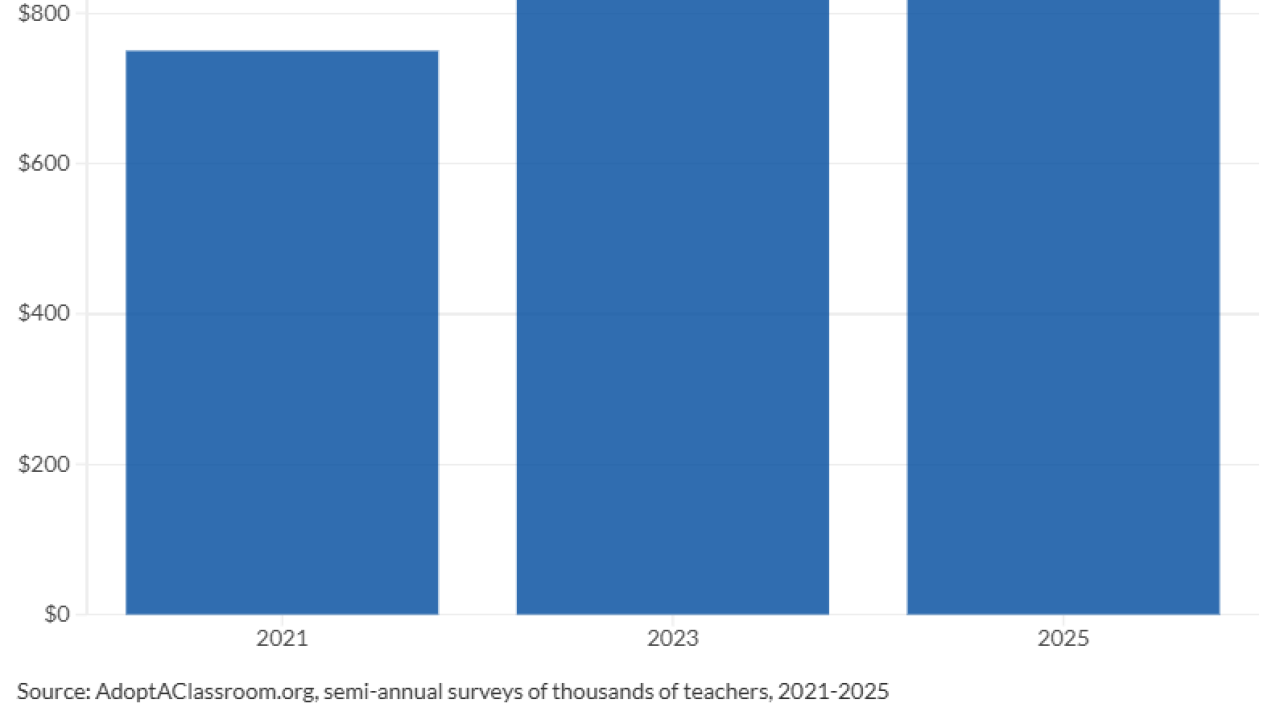The American Institute of CPAs and 18 other groups have written a
Congress is set to adjourn by the end of this week, so the prospects are remote for passing such legislation before Congress takes a break to campaign for the midterm elections.
However, the bill has attracted bipartisan support. Earlier in this Congress, H.R. 2584 was introduced in the House by Rick Boucher, D-Va., and Bob Goodlatte, R-Va., and attracted 45 co-sponsors. A similar bill was introduced in the last Congress in the Senate by Senate Finance Committee chairman Max Baucus, D-Mont., and ranking minority member Charles Grassley, R-Iowa. That bill had 29 co-sponsors, including then-Senator Barack Obama. The House passed a ban on tax strategy patents in the last Congress as part of the Patent Reform Act.
The AICPA and the other groups argue that tax strategy patents effectively create a monopoly for patent holders on certain parts of the U.S. Tax Code that should be public domain. A legislative solution must be pursued immediately if we are to provide taxpayers with equal access to all available avenues of federal tax compliance, the letter said. We cannot afford to postpone addressing this problem until next year, the letter added.
AICPA president and CEO Barry Melancon signed the letter, along with Nicole Tichon, a federal tax and budget reform advocate at U.S. PIRG, the federation of state Public Interest Research Groups. Other groups whose leaders signed the letter included the American Association of Attorney-CPAs, the American College of Tax Counsel, the American College of Trust and Estate Counsel, the American Society of Appraisers, the Certified Financial Planner Board of Standards, Citizens for Tax Justice, Consumer Action, the Consumer Federation of America, the Financial Planning Association, Global Financial Integrity, the International Association for Registered Financial Consultants, the National Association of Enrolled Agents, New Rules for Global Finance Coalition, the Partnership for Philanthropic Planning, Tax Justice Network U.S.A. and the American College.
Not only do these patents severely limit tax planning for the general public, they prevent tax practitioners from giving the best possible advice to their clients, said National Association of Enrolled Agents executive vice president Michael S. Nelson. Imagine you are a professional consultant who knows the best answer, but cant legally share that information with your client because you are hamstrung by restrictions that favor only a few patent holders and their beneficiaries. We must pursue a legislative solution immediately to protect the taxpayer.
The groups urged lawmakers to include a ban on tax strategy patents in a tax bill, the continuing resolution, or any other appropriate must do legislation Congress considers before adjourning.
Tax advisors, the letter explained, who generally are not patent experts, have the burden to be aware of such patents, and either provide tax advice that complies with the patent holders requirements, risk a lawsuit for themselves and their clients or potentially not provide the most advantageous advice to clients, the letter said. Not surprisingly, these patents create a highly burdensome level of cost ultimately borne by taxpayers.
To date, 117 tax strategy patents have been issued by the U.S. Patent and Trademark Office. We fear an even greater explosion in both applications and patents issued over the next several years, the letter said. Further, the coalition said it is concerned that the scope of some 151 pending tax strategy patent applications will inappropriately expand patent restrictions into areas of the IRS code affecting average taxpayers.
The existing patents already cover a wide range of tax planning vehicles, including retirement plans, real estate transactions and estate planning transfers. Pending patent applications would affect taxpayers ability to create a financial plan for funding college education; utilize incentive programs for health care savings account cards; insure against tax liabilities; and use life insurance to generate income.





